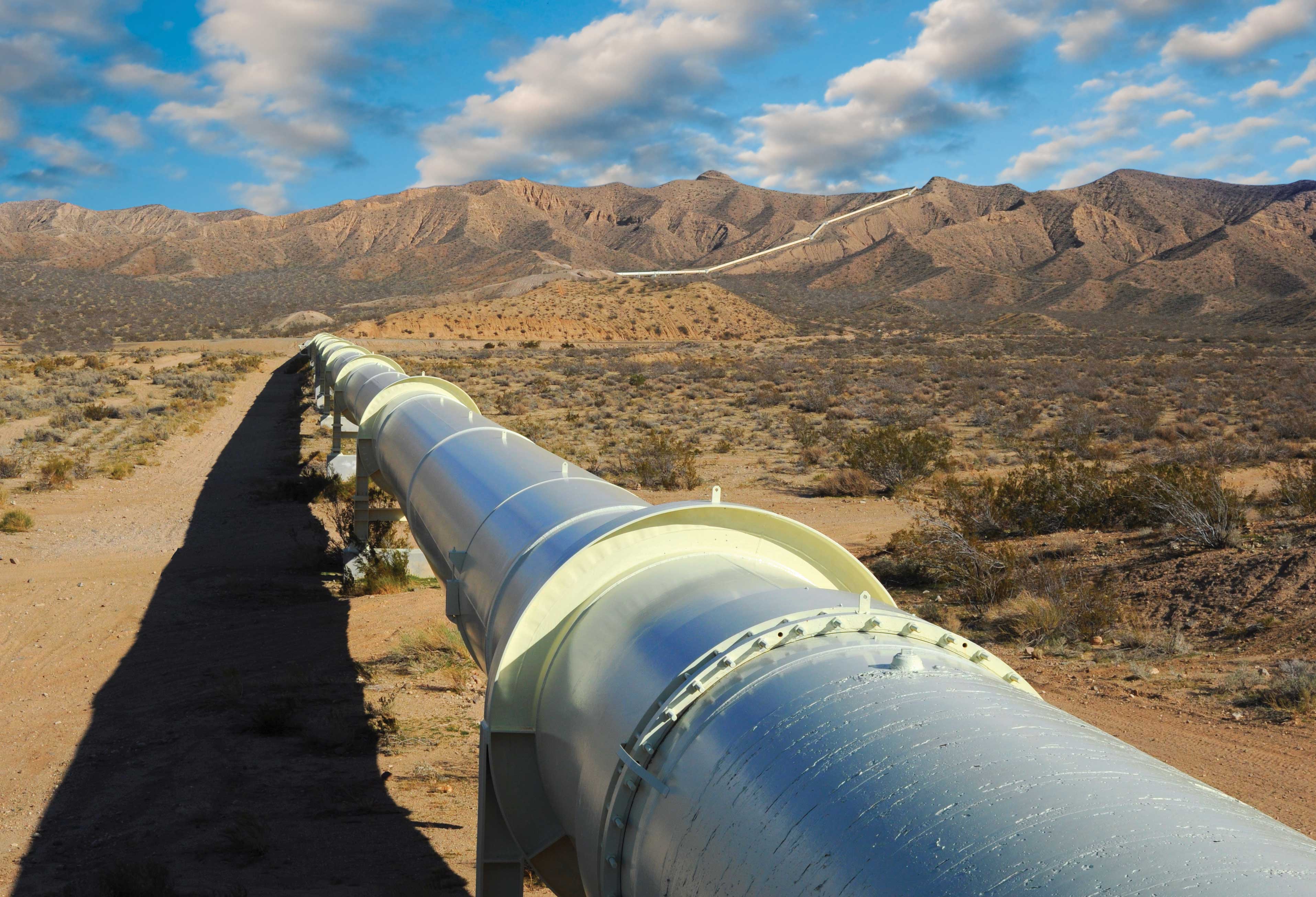Iran-Pakistan Gas Pipeline Remains Stalled Under Cloud of Sanctions
(Reuters) — Iranian President Ebrahim Raisi's visit to Pakistan this week put the spotlight on a major gas pipeline deal between the two neighbors which has faced delays due to geopolitical issues and international sanctions.
The two nations reiterated the importance of cooperation in the energy domain, including trade in electricity, power transmission lines and the IP Gas Pipeline Project, a joint statement released following the culmination of the visit said.
RELATED: Editor’s Notebook: Few Winners in Iraq-Turkey Pipeline Fallout
Here are some facts about the project, which is also known as the Peace Pipeline:
- The pipeline deal, signed in 2010, envisaged the supply of 750 million to a billion cubic feet per day of natural gas for 25 years from Iran's South Pars gas field to Pakistan to meet Pakistan's rising energy needs.
- The pipeline was to stretch over 1,900 kilometers (1,180 miles) - 1,150 km within Iran and 781 km within Pakistan.
- Tehran says it has already invested $2 billion to construct the pipeline on its side of the border, making it ready to export.
- Pakistan, however, did not begin construction and shortly after the deal said the project was off the table for the time being, citing international sanctions on Iran as the reason.
Iran's oil minister at the time responded by saying that Iran carried out its commitments and expects Pakistan to honor its own, adding that Pakistan needs to pick up the pace of work.
- In 2014, Pakistan asked for a 10-year extension to build the pipeline, which expires in September this year. Iran can take Pakistan to international court and fine the country. Local media reported that Pakistan can be fined up to $18 billion for not holding up its half of the agreement.
- Faced with a potential fine, Pakistan's caretaker administration earlier this year gave the go ahead in principal to commence plans to build an 80 km segment of the pipeline.
- In March, Islamabad said it would seek a U.S. sanctions waiver for the pipeline. However, later that week, the U.S. said publicly it did not support the project and cautioned about the risk of sanctions in doing business with Tehran.
- Washington's support is crucial for Pakistan as the country looks to sign a new longer term bailout program with the International Monetary Fund (IMF) in coming weeks.
- Pakistan, whose domestic and industrial users rely on natural gas for heating and energy needs, is in dire need for cheap gas with its own reserves dwindling fast and LNG deals making supplies expensive amidst already high inflation.
- Iran has the world's second-largest gas reserves after Russia, according to BP's Statistical Review of World Energy, but sanctions by the West, political turmoil and construction delays have slowed its development as an exporter.
- Originally, the deal also involved extending the pipeline to India, but Delhi later dropped out of the project.
Related News
Related News

- Keystone Oil Pipeline Resumes Operations After Temporary Shutdown
- Freeport LNG Plant Runs Near Zero Consumption for Fifth Day
- Biden Administration Buys Oil for Emergency Reserve Above Target Price
- Mexico Seizes Air Liquide's Hydrogen Plant at Pemex Refinery
- Kinder Morgan Declares Force Majeure on West Texas Gas Pipeline After Fire
- Venezuela Proposes Alternative Payment Plan as Weak Bids Surface in Citgo Auction
- Baker Hughes Wins Contract for Huge Aramco Gas Expansion Project
- Enbridge Picks Contractors for Great Lakes Tunnel Project, Securing Line 5 Pipeline Route
- Russia's Gazprom Sees Worst Loss in Decades as European Gas Sales Collapse
- Shell Nigeria Inks $100 Million Gas Pipeline Deal with Oyo State





Comments